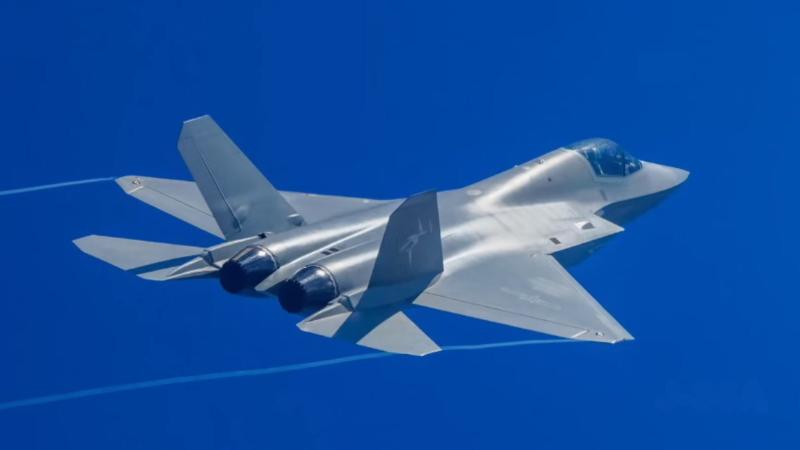
- devara
- 24 Dec 2024 05:37 AM
- ChinaPakistanDefenseDeal, J35AStealthFighter, J35A
In a potentially game-changing move, China is in talks with Pakistan for the sale of 40 advanced J-35A stealth fighter jets, the most cutting-edge aircraft in China's military arsenal. If the deal goes through, Pakistan will become the first country outside of China to possess these jets, marking the first international sale of China’s most advanced military aircraft. This move would provide Pakistan with a significant boost to its air defense capabilities, potentially shifting regional dynamics.
The J-35A is China's second fifth-generation stealth fighter and is designed for both air superiority and multi-role missions on land and at sea. The design of the J-35A is similar to the U.S. F-35, with the key difference being the J-35A’s twin engines compared to the F-35’s single engine. This fighter aircraft will enhance Pakistan's military capabilities, particularly as Islamabad seeks to replace its aging fleet of U.S.-made F-16s and French Mirage fighters.
Despite Pakistan’s ongoing economic challenges, including reliance on IMF and World Bank bailouts, the country is reportedly moving forward with the deal, though how the purchase will be financed remains unclear. Defense experts speculate that China may extend a loan to Pakistan to fund the purchase, further increasing Pakistan’s debt to Beijing.
Pakistan’s Air Force has already approved the purchase, and according to reports, the jets will be delivered within two years. However, Beijing has not confirmed the deal. The potential sale is part of China’s broader military support to Pakistan, which has included the development of the J-17 Thunder fighter jet and the delivery of advanced naval frigates.
China has also pushed for greater security cooperation with Pakistan, particularly around the China-Pakistan Economic Corridor (CPEC), and has reportedly pressured Islamabad to allow the deployment of over 20,000 Chinese security personnel in Pakistan to protect CPEC projects. While Pakistan has resisted this request due to concerns over sovereignty, the growing military cooperation between the two countries continues to strengthen their defense ties.










































